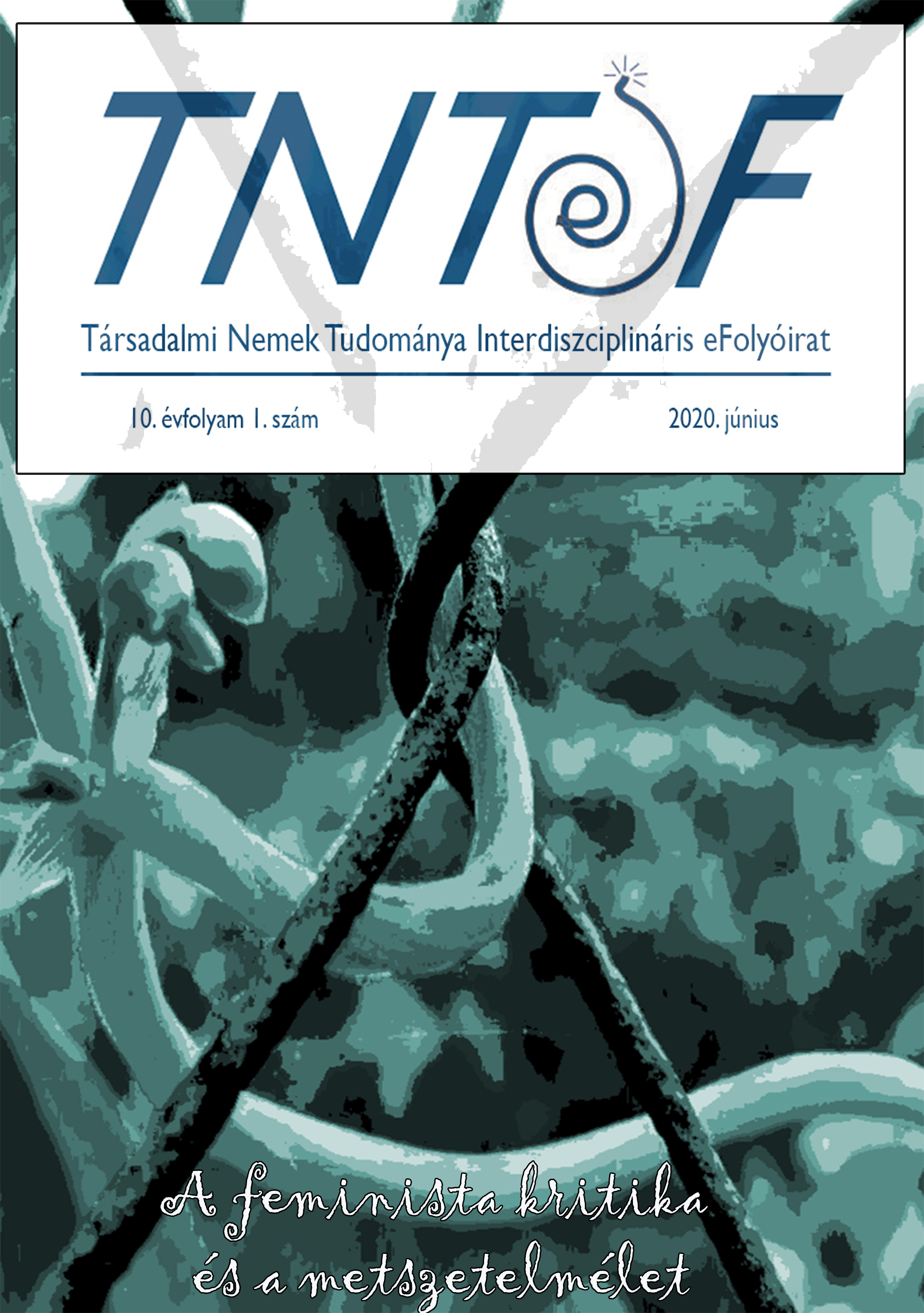Attitudes towards catcalling, coping with catcalling, and their relationships with different psychological factors
Main Article Content
Abstract
Catcalling is not only an unpleasant experience which the majority of the world’s female population goes through at least once in their lifetime (MacMillan, Nierobisz & Welsh 2000). It is dominantly seen as a mechanism by which traditional gender roles, the agent male and passive female, gain social confirmation, and so does the sexist system. If harassment is met with passivity or benign responses on behalf of women, the issue of catcalling will be seen, in return, as a way of conforming to social norms. This can inevitably lead to the strengthening of the sexist system which is based on unequal gender roles (Fairchild 2009). These processes may well result in system justification which might cause the individual to accept and legitimate intergroup relations and social structures which defy their own or their group’s interests (Jost & Banaji 1994). Various psychological impacts are likely to be made by the aforementioned factors, including permanent fear of violence (Fairchild & Rudman 2008) or low self-esteem (Saunders et al. 2016). In order to obtain a deeper understanding of the problem, it is important to reveal the factors connected to catcalling, as well as different protective measures which may provide help to women in confronting the issue. The proposal put forward by the first study focuses on how the urgency to maintain the status quo between men and women influences women’s thinking and coping mechanisms in terms of harassment. It also details women’s self-esteem and the connections between their coping mechanisms. The second study aims to reveal factors which facilitate active coping with catcalling, while reducing the subsequent self-blame, benign responses and positive attitudes towards harassment. The research also attempts to reveal the connection between catcalling and women’s perceived threat from men as the dominant group.

